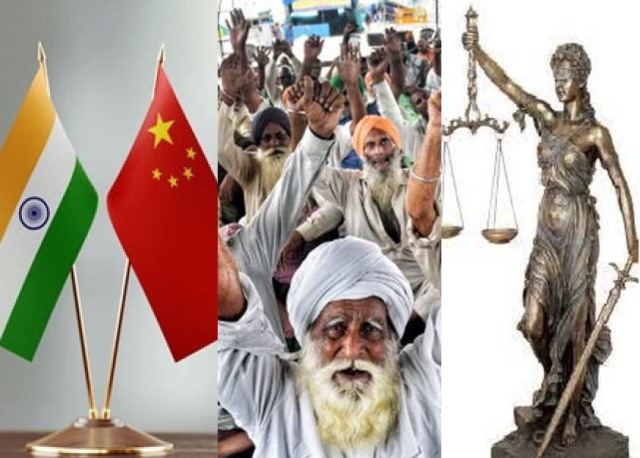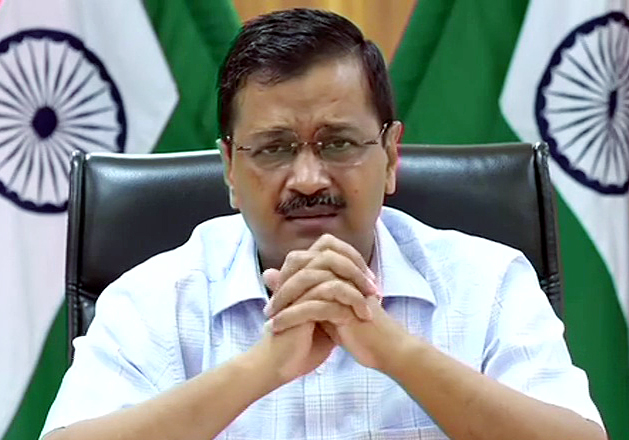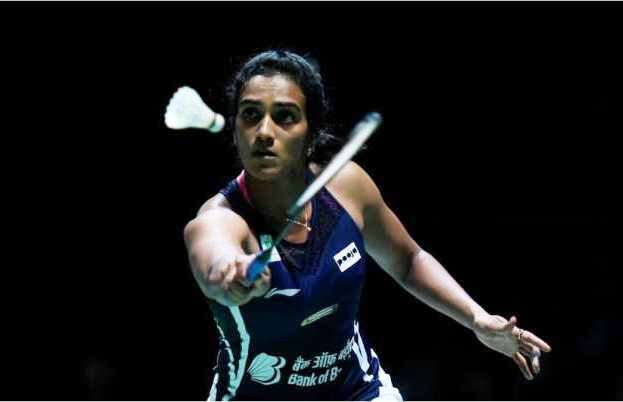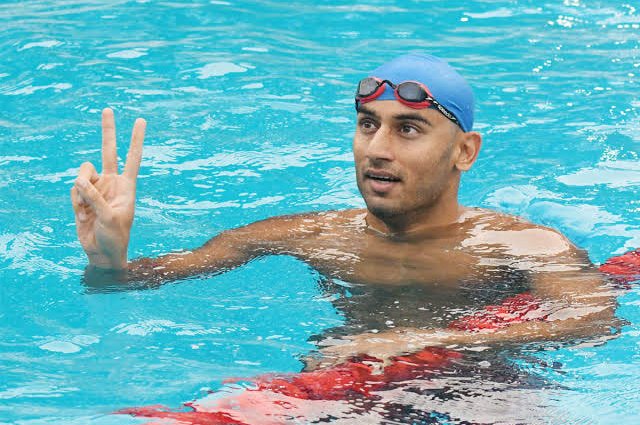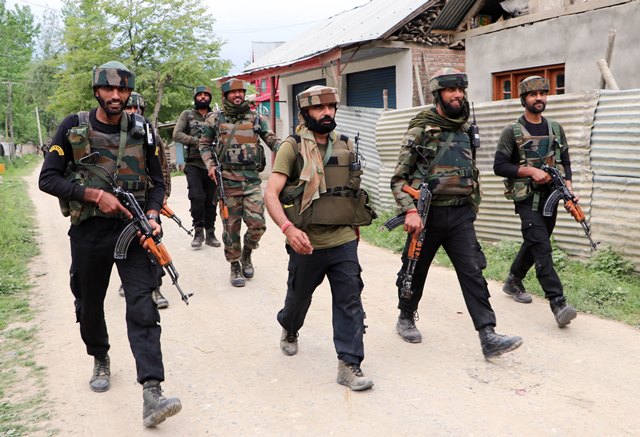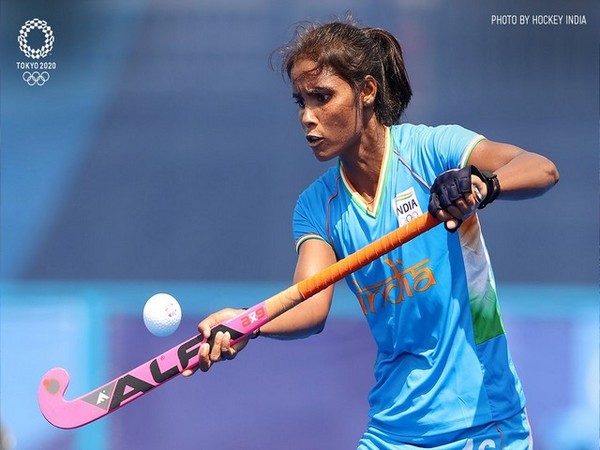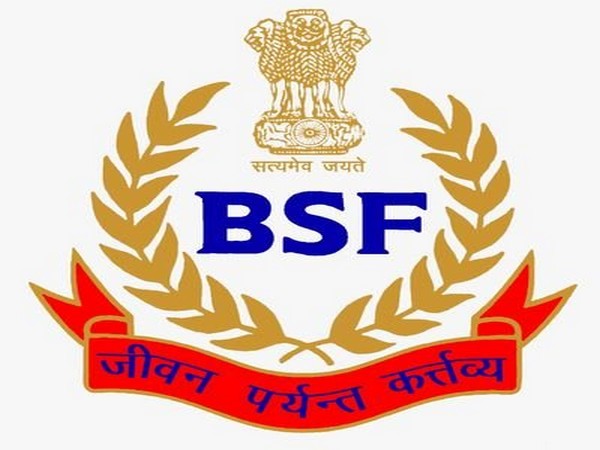It is easy to feel helpless and overwhelmed when you live in a city and try to save the environment. In an ideal world we would have loads of land and plant hundes of trees and grow all our own food. However, living in an apartment building can make that fantasy a lot harder.
Here are a few tips to live a more sustainable life living in the city.

Reduce, don’t just recycle
In the pecking order of the green movement, refuse precedes everything. If you can refuse it, you don’t need to reduce, rethink, reuse, repair, repurpose or recycle it. Once promoted as the solution to our ever-growing needs, recycling today is a crumbling industry with a single-digit success rate. “On a personal level, we can all aim to reduce our own footprint with a diet that involves less import, and by reducing consumption, reusing whenever possible, mending what is broken, and engaging in a shared economy by renting or swapping,” suggests designer activist, Céline Semaan, who founded Slow Factory, a sustainability-focussed design lab. It’s to say, shop if you must, but boycott blind consumerism—it doesn’t make the world a happier place.
Ask for alternatives
Replaced the plastic bottles at home with glass? Now do the same outdoors. At hotels, ask for a filtered water jug instead of reaching out for the plastic bottles in the minibar. And frequent flyers, carry your own toiletries. CGH Earth’s Marari Beach Resort’s no-plastic policy has prevented 1,09,528 plastic bottles and 36,250 straws from annually polluting the earth. Others like ITC Hotels follow suit, as they are driven to eliminate over 150 categories of single-use plastics (toiletries, water bottles and so on) that most hotels use in their day-to-day functioning. “The world is changing, and we must steer that change in a positive direction. From January 2020 onwards, ITC Hotels will be replacing all plastic bottles with glass bottles in the rooms, restaurants and at the back end,” says Nakul Anand, executive director at ITC Ltd, about their Sunya Aqua programme.
Build your plastic-free arsenal
Even before straws became the 21st century manifestation of evil, lawyer-turned-environment champion Afroz Shah had formed a handy kit to eliminate single-use plastic. Travel with a bag (I keep the IKEA Frakta in the boot), for any unplanned shopping that comes your way, and fill it with a glass or steel straw, coffee mug, cutlery, and water bottle, just like Shah, a UN Environment’s Champion of the Earth and one of CNN’s Heroes of 2019.
Save a tree
Even if you’re militant about your plastic usage, depending on paper isn’t the way to go. Tissues and used paper towels cannot be recycled the way printed paper can. At home, switch to reusable cloth or bamboo towels instead of disposable cleaning wipes. At hotels, use reusable towels and hand dryers over paper. In office, print pages on both sides with a single-space setting.

Offset your travel footprint
Nothing is guilt-free anymore, not even a holiday. Travel, one of the fastest growing sectors in India (we are among the top five nations with the largest travel carbon footprint), is also a rising pollutant. To balance the damage your flight does to the planet, pick a direct flight (planes burn the most fuel during take-off ) or sign up for a carbon offset programme with your airline that will financially support green projects, or companies like Climate Care, which reduces greenhouse gas emissions by investing in pollution-reduction technologies.

Incorporate green meals
If Leonardo DiCaprio couldn’t change you, should we even try? Raising livestock produces more greenhouse gas each year than every car, ship, plane and train combined, according to the Food and Agriculture Organisation of the United Nations. Switch to a plant-based diet, at least for a few days a week, if not altogether. Need more inspiration? This month, the fanciest gathering of people—first at the Golden Globes and now the Critics’ Choice awards—came together for a meat and dairy-free dinner. Eating healthy is easy. As the author activist Michael Pollan puts it, “If it came from a plant, eat it; if it was made in a plant, don’t.”
Recycle old gadgets
If Alexa wakes you up, G Suite works with you through the day and Siri puts you to sleep, you are using way too many devices. But in this digital age, when repairing doesn’t resurrect and your trusted electronics die, make sure you dispose of them responsibly. Management experts warn against dumping them all in your garbage— after all, electronics comprise a laundry list of toxic metals. According to the Global E-Waste Monitor 2017, India generated over 20 lakh tonnes of e-waste (a number that will grow by 500 per cent by this year) and recycled only five per cent of it. Look up your local e-waste drop-off points or contact electronic stores like Croma, which feature drop-off e-waste kiosks at every outlet across India, and even offer a pick-up service for the same.
Attend a clothes swap
On average, an item of clothing is worn seven times before it hits a landfill. Aimed at creating mindful consumption, clothes swapping initiatives like The Exchange Room (Bengaluru), This For That (Delhi) and Swap at Sadhana Dell ’Arte (Goa) are attempting to slow down the fast fashion cycle by giving them a longer life. If shopping is your serotonin, you may not go shop-free for a year like the viral Extinction Rebellion campaign urges people to, but skip the mall this year in favour of a pre-loved item. It’s easier on the pockets and the planet. “We started in 2014 with just 10 swappers and now have a community of over 2,000 like-minded women,” says Prithvi Rao of Exchange Room, whose last event sold 1,200 pre-loved items in just four hours.
Use less energy
As children, we were taught to turn the light off every time we left a room. Bring back these lessons into your adult life. Unplug electronic appliances when not in use. Switch to compact fluorescent lightbulbs (CFLs), which use 75 per cent less energy and last 10 times longer. Invest in smart gadgets like the Powerslayer USB wall charger by Velvetwire, which protects a device from overcharging, overheating and wasting energy. Wash clothes in cold water—it uses 90 per cent less power. And sometimes, skip the gym for outdoor workouts. For bathrooms, devices like the Altered: Tap Nozzle are good investments, designed to reduce the use of water and energy with 85-98 per cent.

Try a green period
On average, a woman uses over 10,000 tampons or sanitary pads during her lifetime. In India, we dispose of over 43.2 crore pads every year, creating 9,000 tonnes of waste. While alternatives exist—environmentally friendly brands like Carmesi and Heyday, reusable zero-chemical pads by Rebelle and EcoFemme—it’s the menstrual mindset that needs a reboot. The next time you wrinkle your nose at a menstrual cup—the rinse-and-reuse silicone cup that lasts up to 10 years—consider that if your great-great-great-great grandmother had used a sanitary napkin 500 years ago, that plastic would still be here!
Don’t get greenwashed
The downside of sustainability becoming a buzzword is that everyone wants a piece of the green pie. Even as fast fashion, the billion-dollar empire fuelled by rampant consumerism, continues to eat up our planet, unscrupulous conglomerates ‘greenwash’ buyers with unsubstantiated marketing tactics and claims of being environmentally friendly. As Hasan Minhaj says in Patriot Act, it’s time we call the bluff. If your T-shirt company tells you it’s good for the environment without comprehensive data, dig deeper. “The problem with the fashion industry’s solution to turning plastic bottles into thread, and later, a fleece or a polyester item, is that once washed, these items release microplastics. So we are taking a visible plastic bottle and returning it into the ocean as invisible particles,” points out Semaan of Slow Factory.

